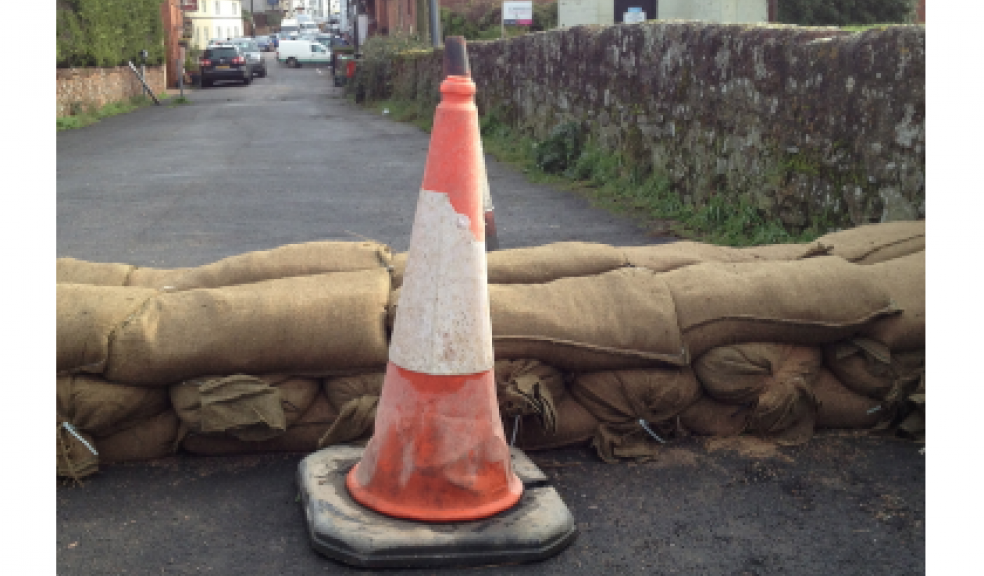
What to do if you've suffered flooding
As river levels rise following last night's torrential rain, the Environment Agency has issued advice about what to do if you've suffered flooding in your home.
*Take care. There may be dangers in the water such as sharp objects and raised manhole covers.
*Flood water may have caused structual damage to buildings.
*Flood water can contain sewage, chemicals and animal waste. Always wear waterproof outerwear, including gloves, wellington boots and a face mask.
* If your electricity supply is not already switched off at the mains, get a qualified person to do this. DO NOT touch sources of electricity when standing in flood water.
* If you have gas or oil central heating and it has been checked by an engineer, turn it on. Keep the thermostat between 20-22 degrees centigrade for steady drying.
* You can get water out of your property using a pump and generator. Position the generator outside in the open air as generators produce carbon monoxide fumes which can kill. Only pump out water when flood levels outside your property start to be lower than inside. This reduces the risk of structural damage.
*Shovel mud away evenly from both sides of a wall. This stops pressure building up on one side. You can clean and disinfect your property using ordinary household products. A garden hose is useful for washing down. Do not use high-pressure hoses as they blast contaminated matter into the air.
* If you are drying your property naturally, keep doors and windows open as much as possible. If using dehumidifiers, close external doors and windows.
* Local councils usually provide skips and extra rubbish collections for items that your insurance company has agreed you can throw away. If you don’t have insurance, contact your local authority for information on grants or charities that may help you.











